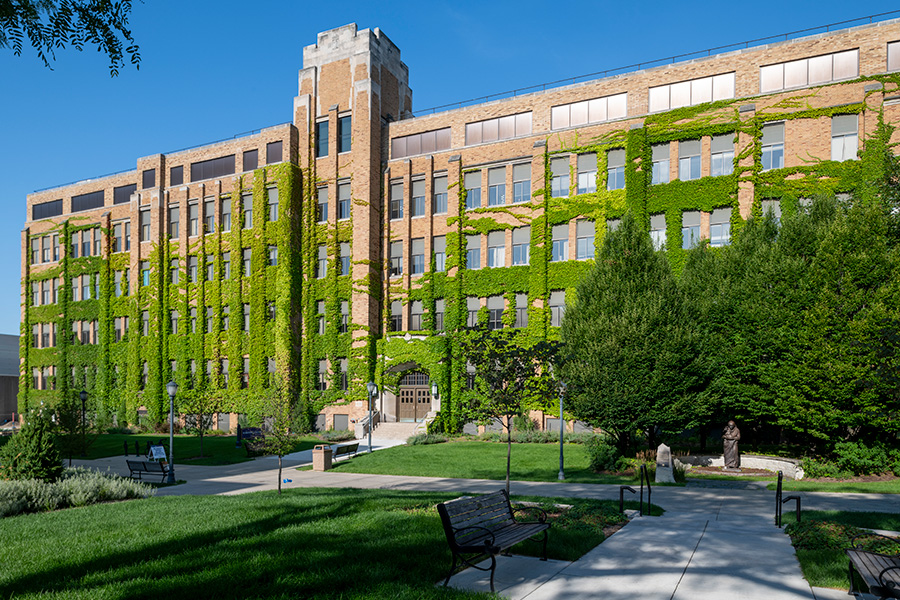Master's Degree Versus Doctoral Training
Evaluate your career, academic and individual goals
Many applicants are unsure about whether to enroll in a doctoral or master's program in community counseling or another mental health specialty (such as social work or marriage and family therapy). The decision is usually based on an evaluation of one's career goals, academic goals, and individual interests and strengths. Master's-level counselors and doctoral-level psychologists provide wide range of mental health interventions. In addition to providing counseling and therapy, professional psychologists generally conduct formal psychological evaluations, engage in more administrative and supervision activities, and are often involved in program evaluation.
Program comparison
Master's Degree
|
Doctoral
|
- School counseling is 48 credits, CMHC is 60 credits
|
|
- Focus is on clinical competency
|
- Focus is on research competency and clinical competency
|
- Takes two years or less to complete full-time
|
- Often takes between 5 to 7 years of full-time study to complete
|
- Requires a comprehensive exam in addition to course work to complete
|
- Requires completion of doctoral comprehensive exam (i.e., clinical presentation to panel of faculty, completion of a comprehensive literature review)
|
- Clinic requirements require 100 hours of practicum and 600 hours of internship
|
- Must complete a dissertation
|
- Must pass the National Counselor Exam to qualify for licensing
|
- Clinical requirements includes completion of master’s clinical requirements, 700 to 1200 hours of doctoral practicum and a 2000 hour internship experience
|
| |
- Must pass the EPPP to qualify for licensing
|
Pursue your passion
Many individuals are primarily interested in providing professional counseling and psychotherapy services to the public and not interested in conducting research and program evaluation, pursuing careers in the management and administration of mental health service programs, and conducting formal psychological evaluations. These individuals are often happier pursuing master's degrees in counseling rather than doctoral degrees in counseling psychology.
Doctoral program further explained
Doctoral counseling psychology programs, like ours at Marquette, are usually based on a scientist-practitioner model of training. This means the clinical aspects of therapy go hand in hand with scholarly activity, which contributes to our knowledge of the field, including therapy practice, human development, psychopathology and program evaluation, among others. Not surprisingly, doctoral programs require many more hours of course work in research methods and statistics. Admission requirements for doctoral programs are also generally higher than master's programs.
Are there restrictions in applying for master's or doctoral program?
At Marquette, you can apply to the master's or doctoral program. We have students who entered our programs after their bachelor's degree, after some graduate course work, after completing a master's degree and even after having completed a doctoral degree in another field. We do not have restrictions about the academic backgrounds of the applicants to programs, and you do not have to complete a master's degree in counseling before you can apply to our doctoral program in counseling psychology.
